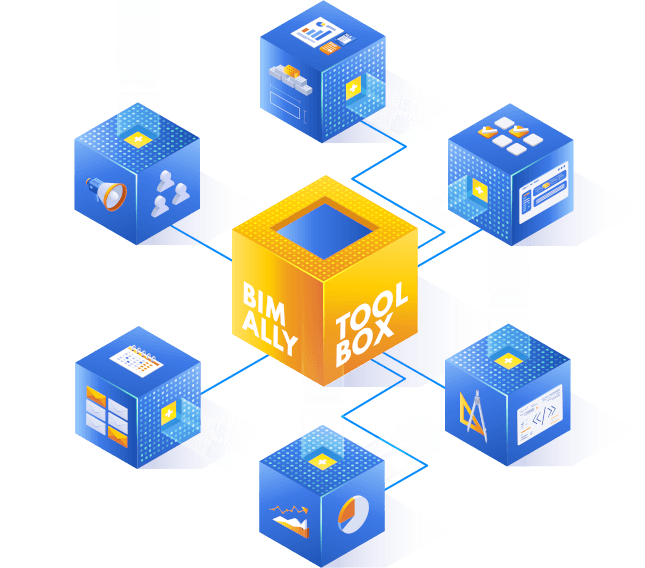Digital transformation of the building materials industry supporting design

Digital transformation is the main topic of recent years. The development of new technologies affects almost every branch of the economy and services. Companies evolve, benefiting from new solutions. The construction industry is also experiencing increasing technological development, despite the fact that construction is perceived as an industry that implements changes quite slowly.
Accelerating the digitization processes of the construction industry
These processes are expected to accelerate in the coming years. On the one hand, the emphasis is placed by EU legislation, on the other hand, the companies themselves see the huge opportunities offered by innovative solutions. It all comes down to increasing turnover by building new sales channels. This is possible by providing products and services tailored to current market needs. And although traditional sales models dominate, in order to build competitiveness, it is necessary to implement digital solutions.
BIM is the construction industry’s answer to digital transformation
In the building materials industry, Building Information Modeling is the answer to market needs. The growing interest in this technology is confirmed by increasingly frequently organized training courses, conferences and the establishment of special groups dealing with the promotion and introduction of work standards in this technology. Government initiatives promoting projects carried out using BIM technology in public procurement are also important.
New technologies and sustainable development
Another argument for the development of BIM technology are goals related to sustainable development. It is expected that green construction will be the future of the industry. Thanks to the use of BIM technology, it is possible to perform many model analyses, including: accurate solar analysis or energy analysis. This leads to the selection of solutions that guarantee the lowest possible energy demand of the facility throughout its life cycle.
Models containing data that facilitate building certification processes may soon become arguments for even wider use of the BIM methodology. Manufacturers of building materials, as providers of solutions and products used in projects, are faced with the task of providing all the necessary data about the product for the project. All this so that projects can fit into the sustainable development goals. Digitization of the product portfolio is a step facing the building materials industry.
Solutions from the building materials industry supporting design
BIM libraries are one possible solution. Digital product models, in addition to geometric data, contain information about technical and functional parameters. The amount of data contained in BIM models may vary. Currently, it is the manufacturer providing the libraries that decides what data will be included in the models. An undoubted advantage is that all the necessary information is included in one place, including assembly instructions, technical data sheets and warranties.
The second popular practice is to help solve problems encountered by the industry at the design stage. To meet the needs of designers, manufacturers provide data and solutions in the form of proprietary programs. These may be add-ons to design programs or plug-ins that improve design work. This type of solution is tailored to a specific industry and is a response to reported difficulties encountered by designers. This creates situations where both parties gain tangible benefits. Designers have tools that make their work easier, and producers have the opportunity to use and promote their products by using their plug-ins and models in their projects.
Development of BIM technology on the Polish market
The implementation of BIM technology in the Polish construction industry encounters certain difficulties. But does this exempt us from turning back from the path we have chosen? Of course not. Digitization of construction places the main emphasis on simplifying procedures, streamlining the construction process and facilitating the exchange of information between all participants of the construction process.
Both government initiatives, universities and the industry itself are trying to ensure that BIM in Poland can develop to the benefit of all participants of the design and implementation process.

BIM ALLY TOOLBOX will equip your company with tools and services, thanks to which you will be able to effectively manage cooperation with both current and newly acquired designers.